
Netflix’s Good News might just be one of the streamer’s biggest surprises of the year. Based on an astonishing true story, the film turns a long-forgotten historical hijacking into a gripping, darkly comic ride that blends political tension with absurd humor. It’s a bold creative swing—and one that lands squarely.
?

?For years, Netflix’s original films from Korea have struggled to capture the same spark as their theatrical counterparts. Yet Good News manages to break that streak. Where most streaming titles feel disposable, this one commands attention. Its theatrical energy, meticulous pacing, and grounded performances make it feel like an experience meant for the big screen.
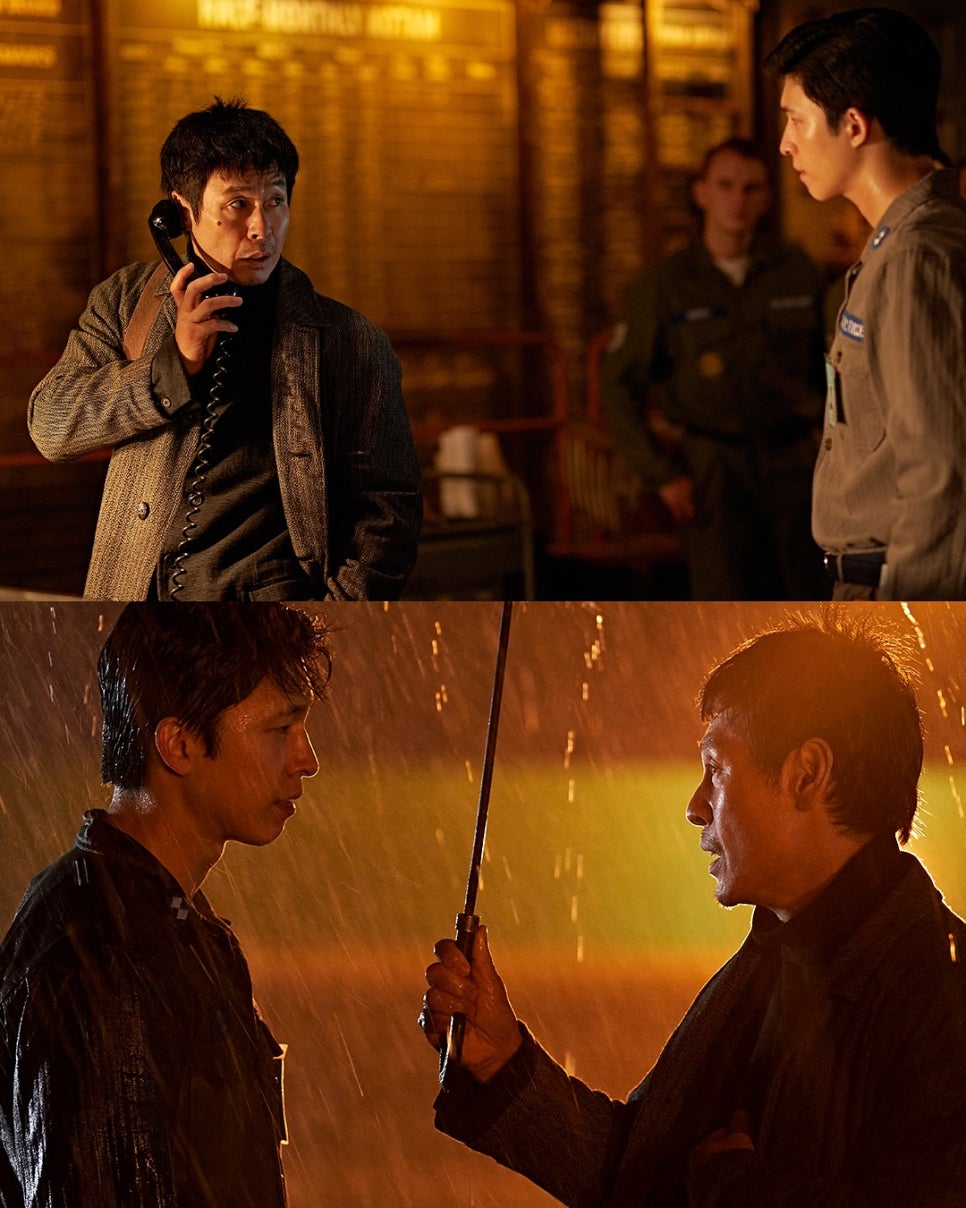
?Initially, Good News might have seemed easy to overlook among the wave of high-profile K-dramas and thrillers dominating the platform. But what sets it apart is its sharp tonal balance. Director Ryoo Seung-wan turns an otherwise grim chapter of history into a biting satire of ideology, authority, and media spectacle—all without losing sight of the humanity at its core.

The story revisits the 1970 hijacking of a Japan Airlines flight by members of the Japanese Red Army. Their plan: divert the plane to North Korea, a move that unexpectedly dragged South Korea into the chaos. The film deftly cuts between the unfolding crises in Japan and Seoul, exposing the confusion and political maneuvering on both sides. The result is part historical thriller, part tragic farce.
?
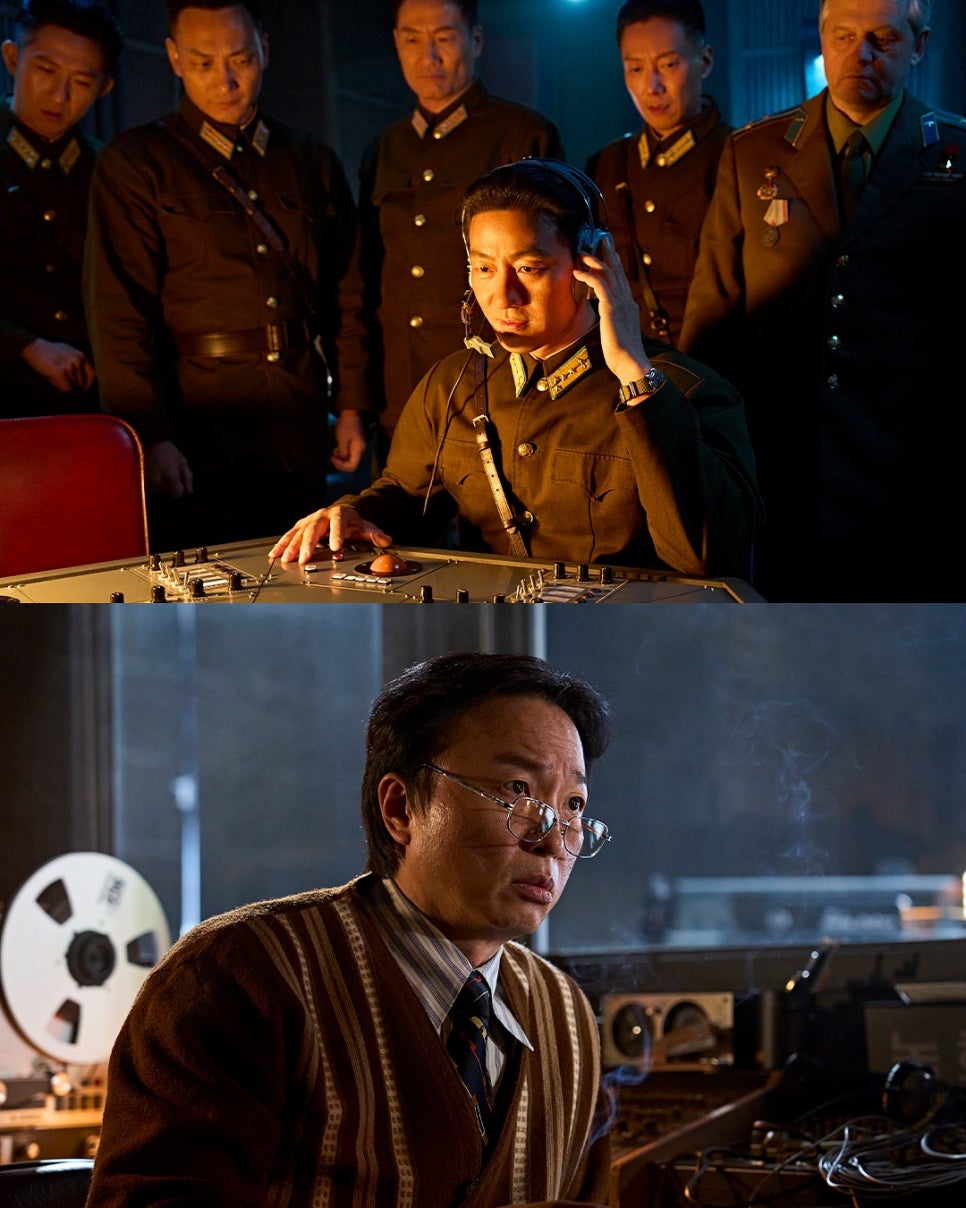
Few viewers will expect just how much detail Good News pours into its recreation of the era. Planes had to follow rigid Cold War–era flight paths, and the moment the hijacked aircraft crossed into Korean airspace, the tension skyrocketed. When the plane mistakenly lands at Seoul’s Gimpo Airport, it sets off a geopolitical chain reaction both comic and terrifying.
?
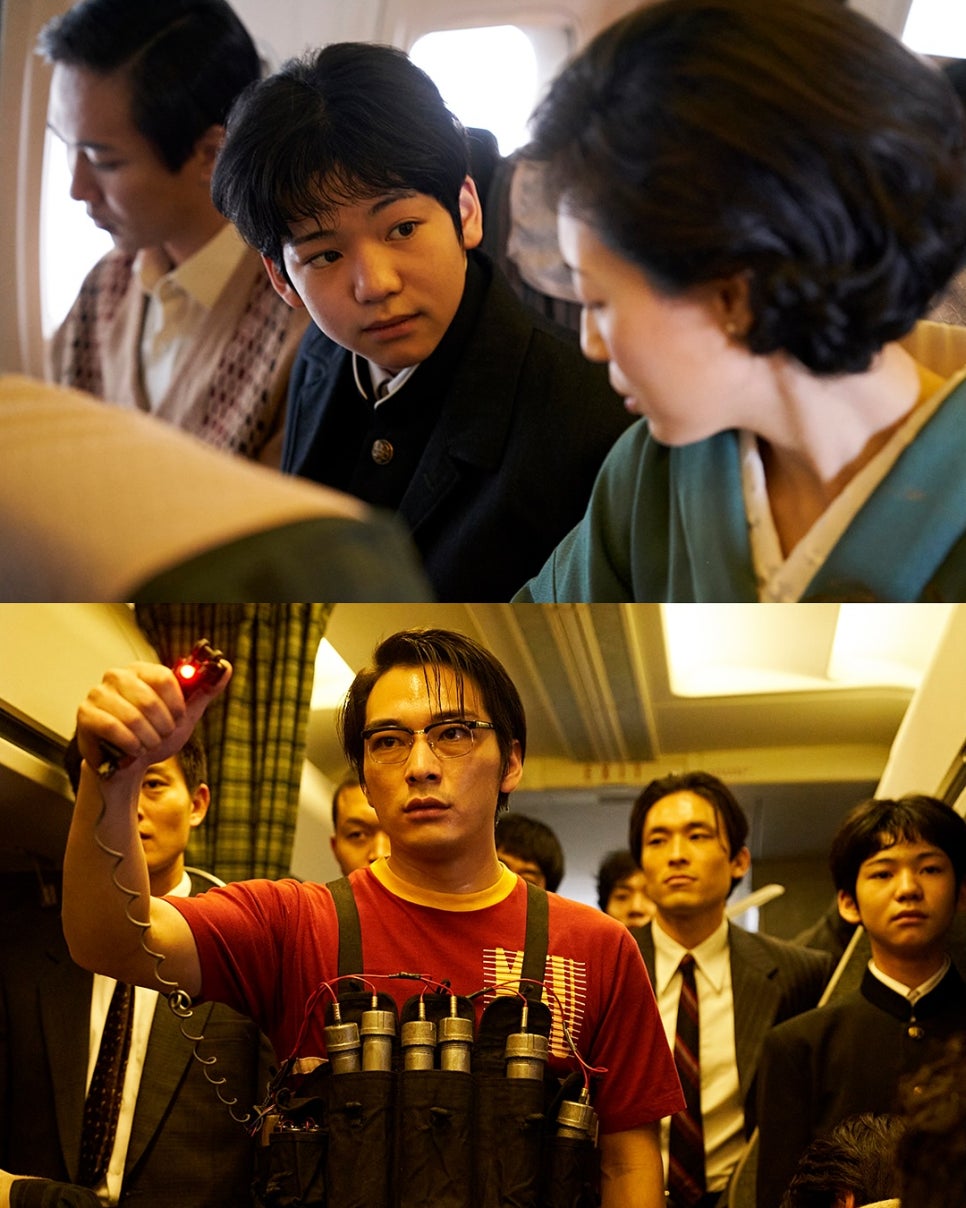
The casting choices elevate the production even further. Japanese actor Kasamatsu Sho delivers a mesmerizing performance as the Red Army leader, while the Korean cast anchors the story with intensity and depth. Their cross-cultural chemistry gives the film an unexpected emotional resonance—something rare in historical dramas of this kind.
?
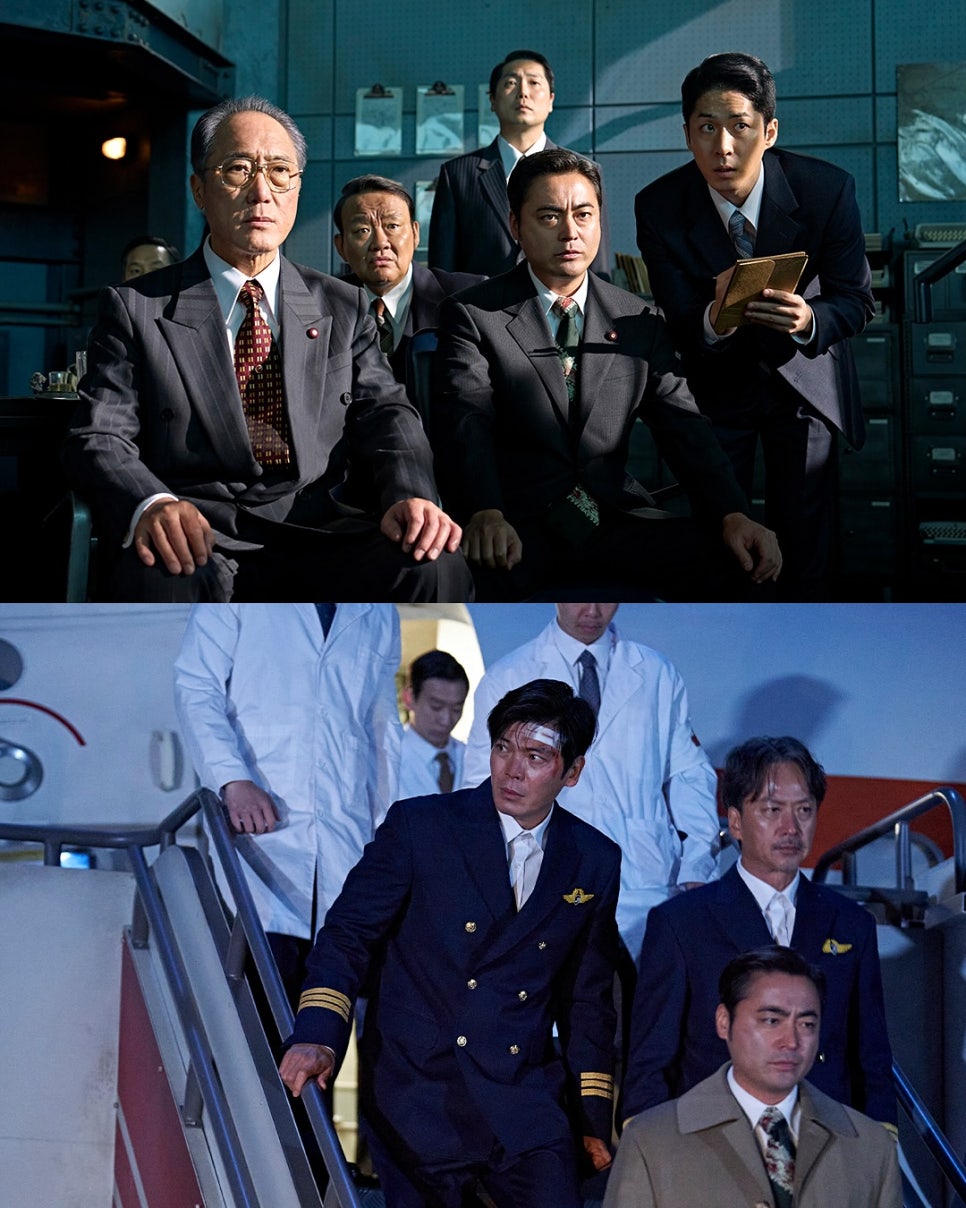
Ryoo Seung Bum’s portrayal of the eccentric negotiator stands out as the film’s wild card. Though fictional, his character feels entirely believable, bringing manic energy and moments of genuine humor to scenes that could otherwise tip into despair. It’s this tonal balance—equal parts absurdity and empathy—that keeps Good News from becoming just another somber retelling.
?
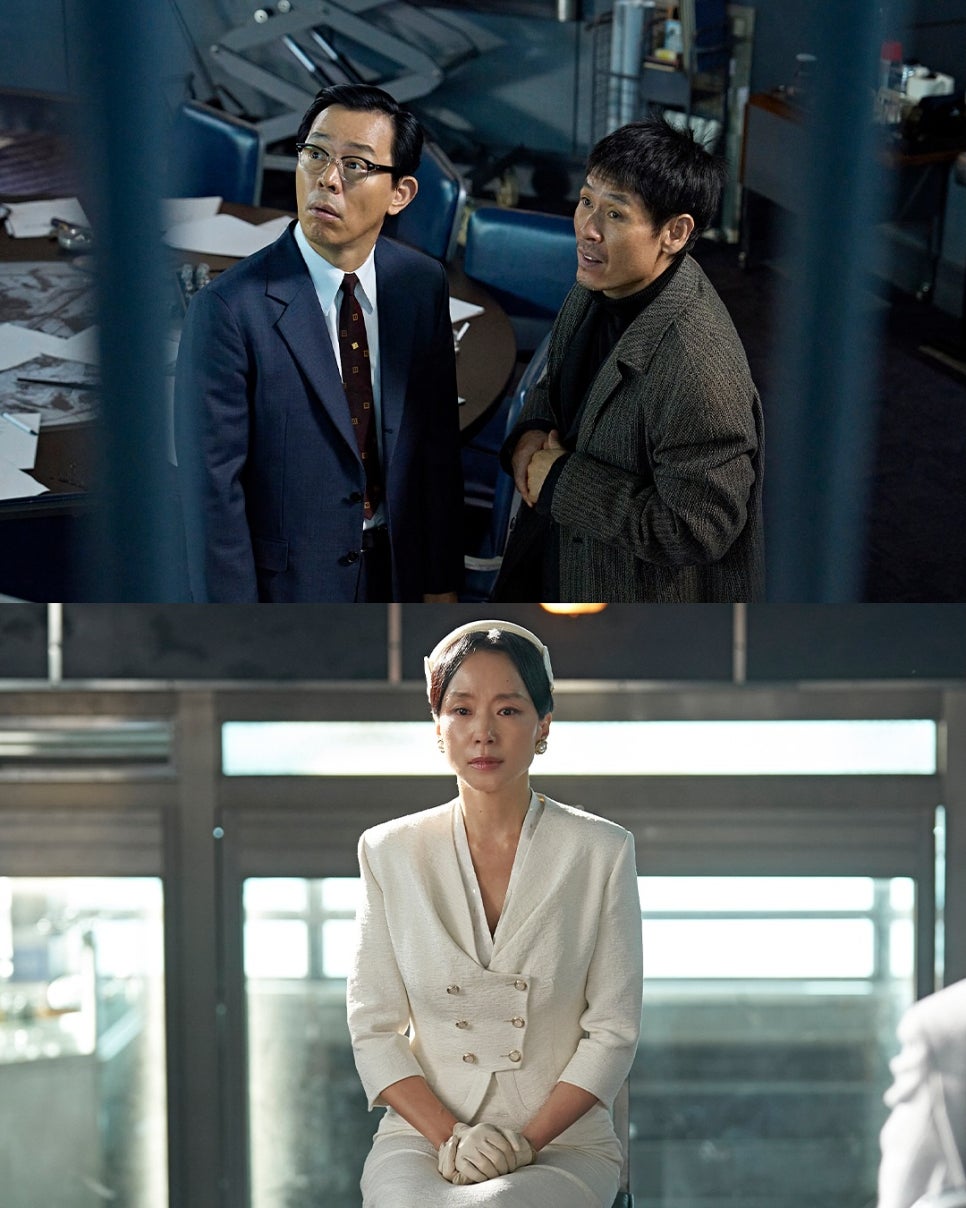
The final act of Good News leaves a lasting impression, resonating long after the credits fade. What begins as a darkly comic reconstruction of a chaotic hijacking ends on an unexpectedly haunting note. The film reminds viewers that history doesn’t always tie itself neatly—some of its players are still out there, their fates both bizarre and unsettlingly real.
?
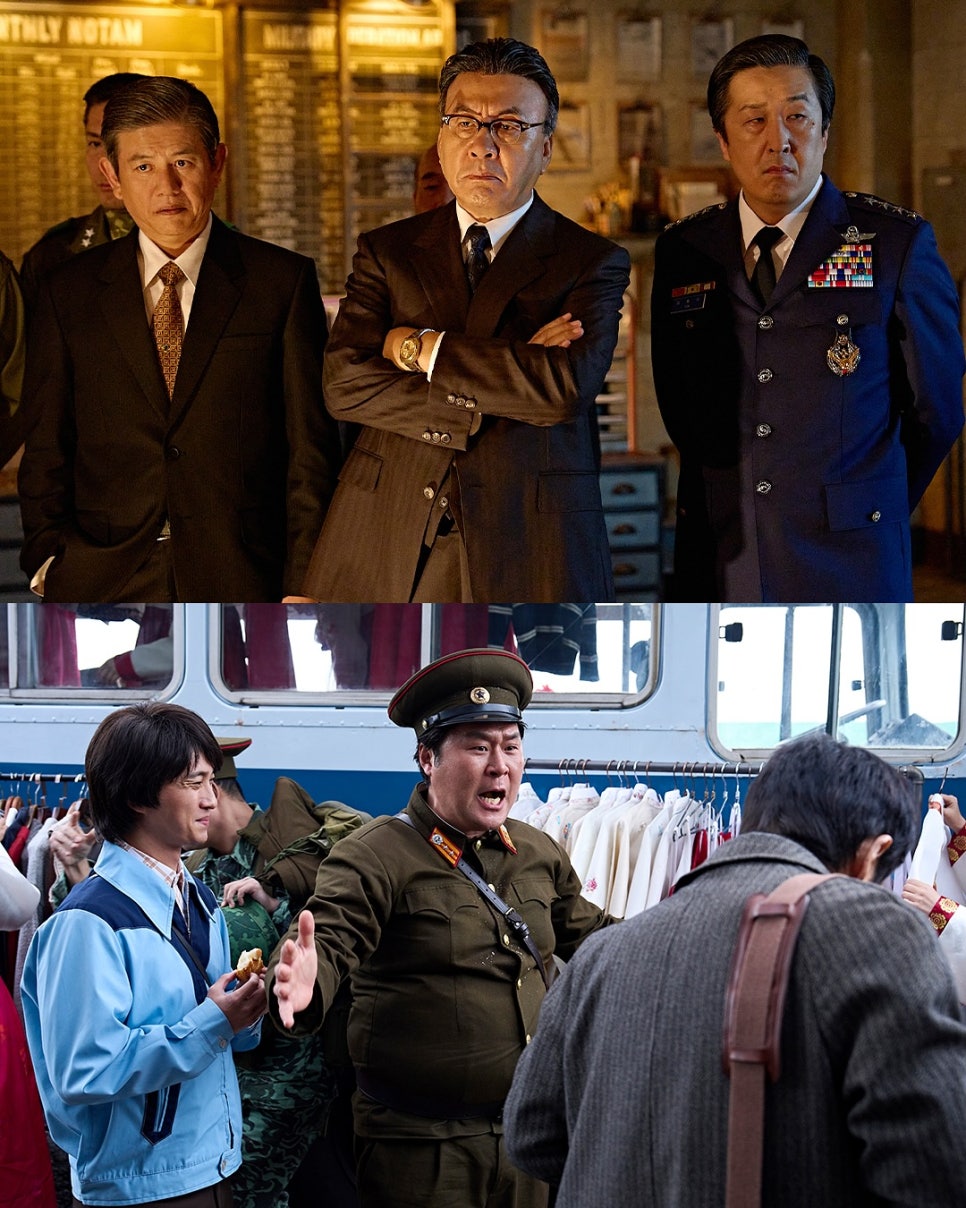
As the story concludes, the revelation that several hijackers actually reached North Korea—and reportedly still live there comfortably—adds a layer of eerie authenticity. That detail transforms the film from pure entertainment into something almost documentary-like, forcing the audience to reckon with the unsettling aftermath of radical conviction and misplaced idealism.
?
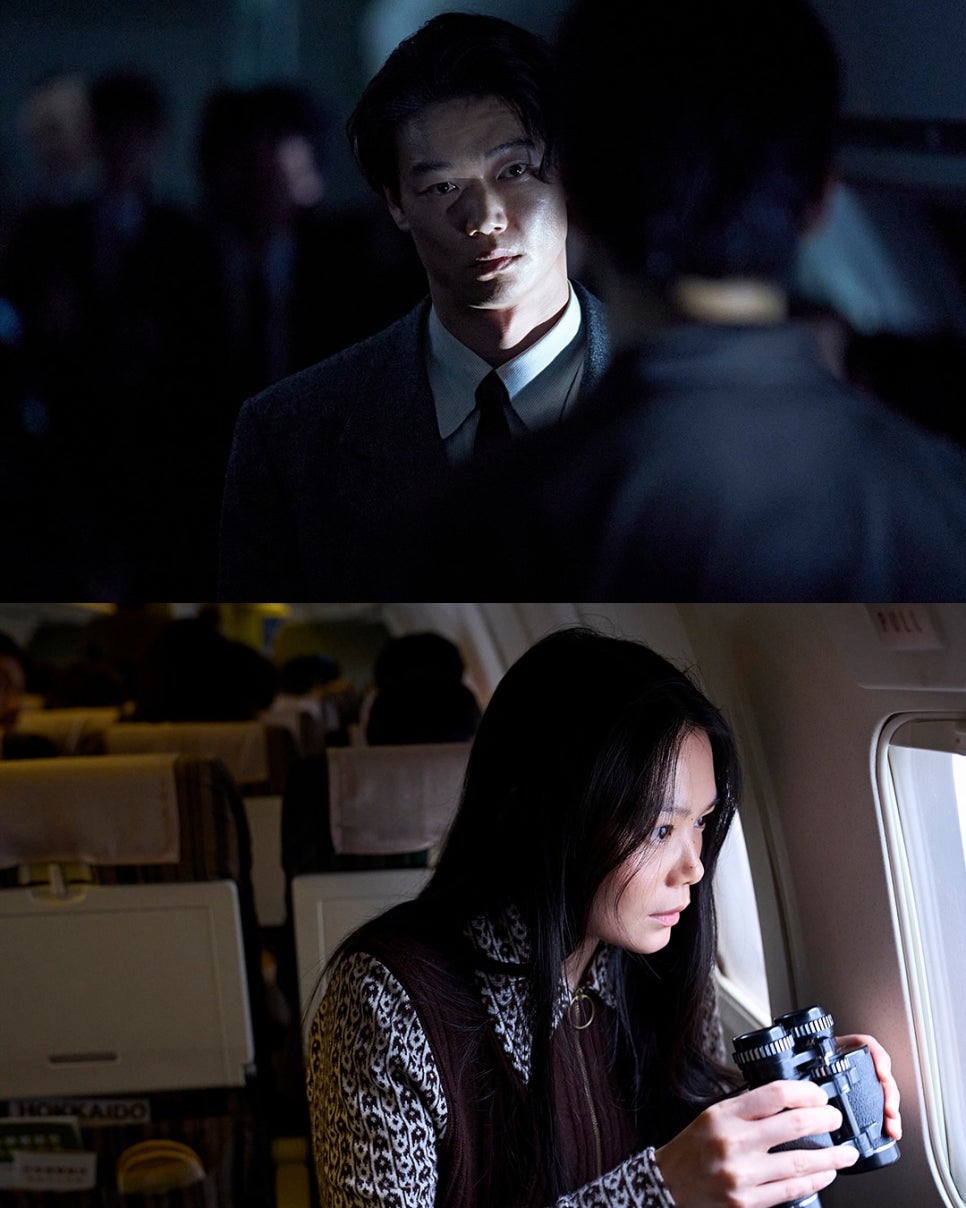
By blending satire with historical truth, Good News transcends its genre trappings. It’s not just a reimagining of a forgotten event but a sharp reflection on politics, identity, and absurdity itself. In the crowded field of Korean Netflix releases, it stands out as one of the most daring and unexpectedly funny works to emerge in recent years—a reminder that reality often delivers stories stranger, and more captivating, than fiction ever could.
?











